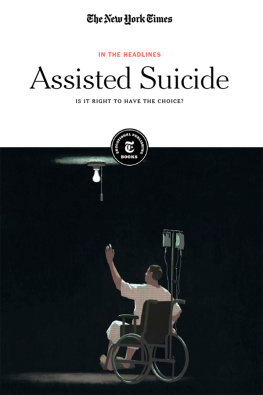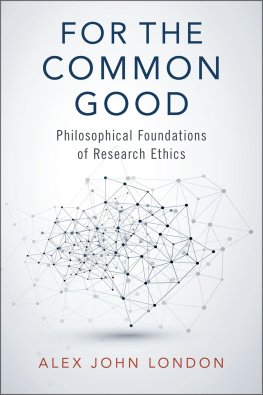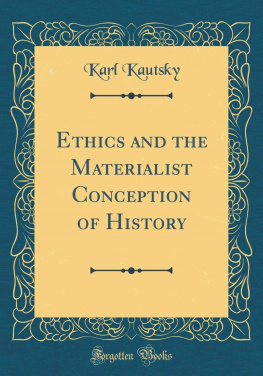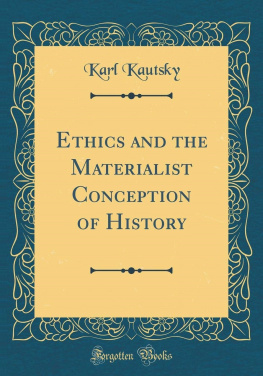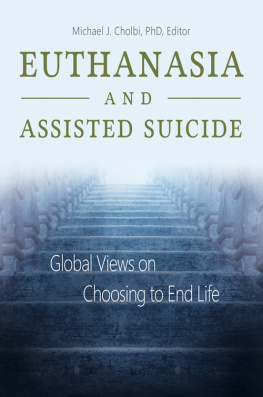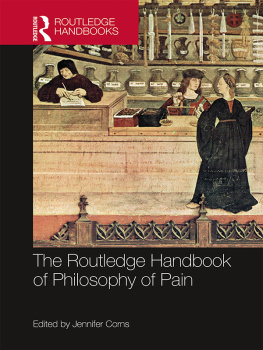First published 2000 by Ashgate Publishing
Reissued 2018 by Routledge
2 Park Square, Milton Park, Abingdon, Oxon, OX14 4RN
711 Third Avenue, New York, NY 10017, USA
Routledge is an imprint of the Taylor & Francis Group, an informa business
Copyright Jennifer Gunning 2000
All rights reserved. No part of this book may be reprinted or reproduced or utilised in any form or by any electronic, mechanical, or other means, now known or hereafter invented, including photocopying and recording, or in any information storage or retrieval system, without permission in writing from the publishers.
Notice:
Product or corporate names may be trademarks or registered trademarks, and are used only for identification and explanation without intent to infringe.
Publishers Note
The publisher has gone to great lengths to ensure the quality of this reprint but points out that some imperfections in the original copies may be apparent.
Disclaimer
The publisher has made every effort to trace copyright holders and welcomes correspondence from those they have been unable to contact.
A Library of Congress record exists under LC control number: 00134486
ISBN 13: 978-1-138-74325-0 (hbk)
ISBN 13: 978-1-315-18181-3 (ebk)
Inez de Beaufort is Professor of Health Care Ethics at the Medical Faculty of the Erasmus University in Rotterdam. She is a member of the Dutch Health Council, the Dutch Council of Health Care and the Medical Ethics Committee of the Royal Dutch Medical Association and the Dutch Commission for Ethics and research.
Bruno Brambati is Head of the Prenatal Diagnosis Unit at the First Institute of Obstetrics and Gynecology, L.Mangiagalli Clinic, University of Milan, where his research has focused on the fetal diagnosis of genetic diseases. He is a member of the Board of the International Society for Prenatal Diagnosis and is a member of the Expert Group on Fetal Diagnosis of the WHO Hereditary Disease Program.
Wybo J. Dondorp studied theology and ethics. He works as an ethicist at the bureau of the Health Council of the Netherlands in The Hague. He is scientific secretary of the Standing Committee on Medical Ethics and Health Law, and of several of the Councils ad-hoc committees.
Veronica English is the Deputy Head of Medical Ethics at the British Medical Association. Her role is to provide ethical advice for doctors in response to inquiries and to prepare guidance and reports on a range of ethical issues. Before joining the BMA she worked for seven years in the regulation of infertility treatment with both the voluntary and statutory regulatory authorities.
Jennifer Gunning was for three years Secretary of the Voluntary Licensing Authority for Human in vitro Fertilisation and Embryology. Subsequently she wrote a report for the UK government on human IVF and embryo research and related issues to provide information for Parliament during the passage of the Human Fertilisation and Embryology Bill. She is now working as an independent consultant and is a research associate in medical law and ethics at Cardiff Law School.
Inga Hanschel is a trainee lawyer in Germany at the Freiburg State Court. Until the end of 1999 she was employed at the Max-Planck-Institute for Foreign and International Law in the Department of Law and Medicine.
Martin H. Johnson was for six years, until recently, a member of the Human Fertilisation and Embryology Authority of the UK, with direct experience of the regulatory process and the impact of ethical decision making on it. He has also undertaken licensed research using human embryos and gametes. He is Professor of Reproductive Sciences at the University of Cambridge.
Pascal Kamina is Assistant Professor (Matre de Confrences) at the University of Poitiers, where he teaches EC law and Intellectual Property related courses. His interest in the French bioethics laws of 1994 and in the regulation of assisted conception techniques comes primarily from his research in the fields of biotechnology and family law.
Sheila A.M. McLean is Director of the Institute of Law and Ethics in Medicine at the University of Glasgow.
Derek Morgan is Reader in Health Care Law & Jurisprudence at Cardiff Law School. He is a member of the British Medical Associations Medical Ethics Committee, and has chaired and contributed to a number of the Associations Working Parties since 1994. He was a member of the Chief Medical Officers Expert Group on Cloning and was the founding convenor of the Society of Public Teachers of Law, Medical Law Group.
Maurizio Mori is Editor of Bioetica Rivista Interdisciplinare, Secretary of the Consulta di Bioetica, and is in charge of the Bioetica branch of the research center Politeia in Milan. He is visiting professor in the philosophy of law at the Law Faculty of Alessandria.
Linda Nielsen has recently stepped down after three years as chairman of the Danish Council of Ethics. She is a Professor in the Law Faculty of the University of Copenhagen. Her professional interests are in the areas of family and health law.
Judit Sndor is an Hungarian Medical Lawyer. She teaches graduate students from Central and Eastern European countries at the Central European University and teaches medical law, health care law, human rights, legal policy and medical ethics in different faculties in Budapest. Her main research interests are patients rights, medical negligence, reproductive rights, genetics, and anti-discrimination laws.
Andr Van Steirteghem has been, since 1983, Scientific Director of the Centre for Reproductive Medicine at the Medical Campus of the Dutch-speaking Brussels Free University (VUB). He is full Professor in Embryology and Reproductive Biology at the Medical School and Director of the Research Unit on Reproductive Biology.
Guido de Wert is an Ethicist, and Senior Research Fellow at the Institute for Bioethics, University of Maastricht, The Netherlands.
Assisted conception is an area where it often seems that all the ethical and legal issues have been covered and then the technology advances once more, such as the advent of cloning, and the discussions start all over again. It seemed that the opening for signature of the European Convention on Human Rights and Biomedicine in April 1997 marked the end of an era, and it did in a way. In article 18 the use of human embryos was addressed and, for those countries signing and ratifying the Convention, the opportunities for future research restricted. But the consequences of this for infertility patients have not really been thought about.




